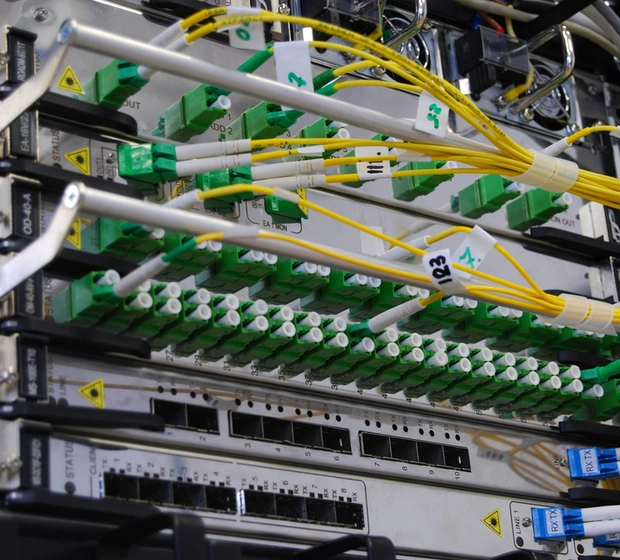table of contents
In today’s fast-paced digital landscape, businesses rely heavily on technology to operate efficiently and remain competitive. However, managing complex IT infrastructures in-house can be both challenging and costly. This is where managed IT services come into play. Managed IT services provide businesses with outsourced IT management and support, allowing them to focus on their core operations while experts handle their technology needs.
What Are Managed IT Services?
Managed IT services refer to the practice of outsourcing the responsibility for maintaining, optimizing, and securing a company’s IT systems to a third-party provider known as a Managed Service Provider (MSP). These services encompass a wide range of IT functions, including network management, data backup, cybersecurity, cloud services, and help desk support.
Key Components of Managed IT Services
Managed IT services can vary depending on the provider and the client’s needs, but commonly include:
- Network Monitoring and Management: Continuous surveillance of network performance to ensure uptime and address issues proactively.
- Data Backup and Disaster Recovery: Regular backups and strategies to recover data in the event of system failures or cyberattacks.
- Cybersecurity Solutions: Implementation of firewalls, antivirus software, intrusion detection systems, and security audits to protect against threats.
- Cloud Services: Management of cloud infrastructure, migration, and maintenance to enhance scalability and flexibility.
- Help Desk Support: Providing end-user support for IT-related issues, often available 24/7.
Benefits of Managed IT Services
Outsourcing IT management to MSPs offers numerous advantages for businesses of all sizes:
Cost Efficiency
Hiring and training an in-house IT team can be expensive. Managed IT services operate on a subscription or fixed monthly fee, helping businesses control and predict costs while reducing capital expenditure on hardware and software.
Access to Expertise
MSPs employ highly skilled professionals with expertise in various IT domains. This ensures that businesses benefit from the latest technology and best practices without the burden of continuous training.
Enhanced Security
With cyber threats growing more sophisticated, managed IT services provide robust security measures to safeguard sensitive data, comply with regulations, and minimize risk.
Proactive Maintenance and Support
Instead of reacting to IT problems after they occur, MSPs monitor systems proactively, often identifying issues before they disrupt business operations.
Scalability and Flexibility
Managed IT services can scale with a company’s growth, allowing for easy adjustment of services and resources as business needs evolve.
Common Managed IT Service Models
Fully Managed Services
In this model, the MSP takes full responsibility for the client’s IT environment, including infrastructure management, support, and strategic planning.
Co-Managed IT Services
Here, the MSP works alongside an internal IT team to provide additional expertise and resources, often handling specific functions like security or help desk support.
On-Demand Services
Clients engage the MSP for specific projects or as-needed support rather than ongoing management.
Choosing the Right Managed IT Service Provider
Selecting the appropriate MSP is crucial for maximizing the benefits of managed IT services. When evaluating providers, businesses should consider:
- Experience and Expertise: Proven track record in the relevant industry and technology areas.
- Service Level Agreements (SLAs): Clear commitments on response times, uptime guarantees, and support quality.
- Security Practices: Robust policies and certifications that ensure data protection.
- Scalability: Ability to accommodate future growth and changing technology needs.
- Customer Support: Availability of 24/7 support and multiple channels of communication.
Conclusion
Managed IT services have become an essential component for businesses seeking to optimize their technology operations while controlling costs and enhancing security. By partnering with a skilled Managed Service Provider, organizations can leverage expert IT management, proactive support, and scalable solutions tailored to their unique needs. As technology continues to evolve, the role of managed IT services will only grow in significance, enabling businesses to stay agile and competitive in a digital world.





